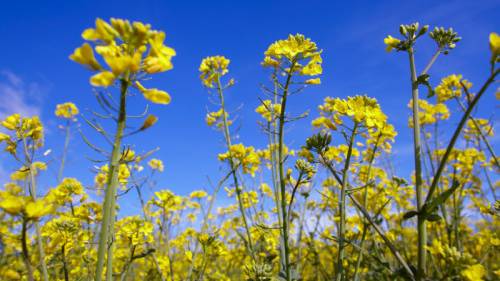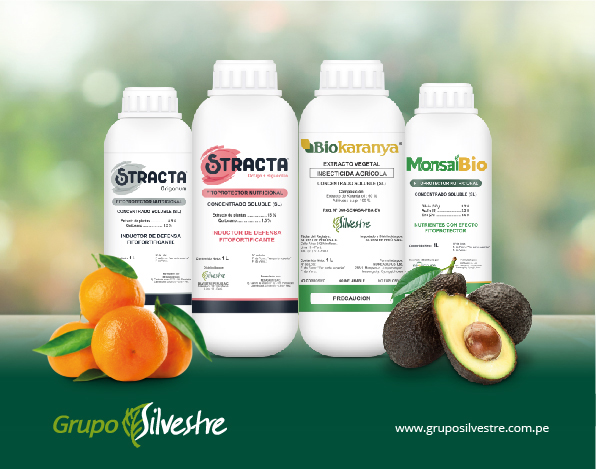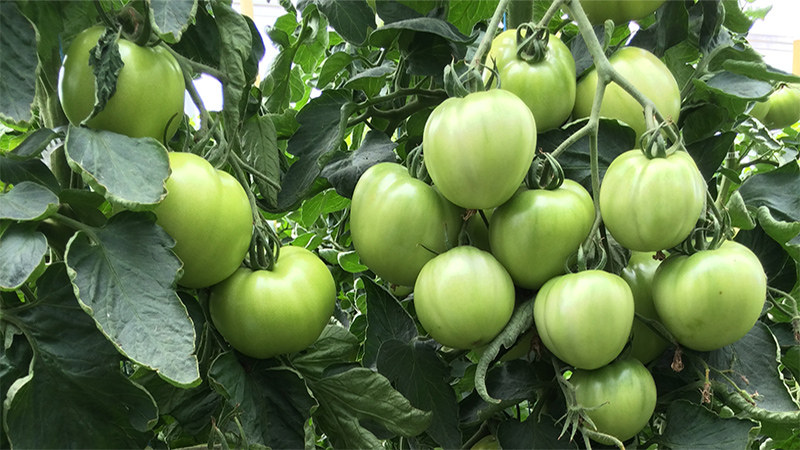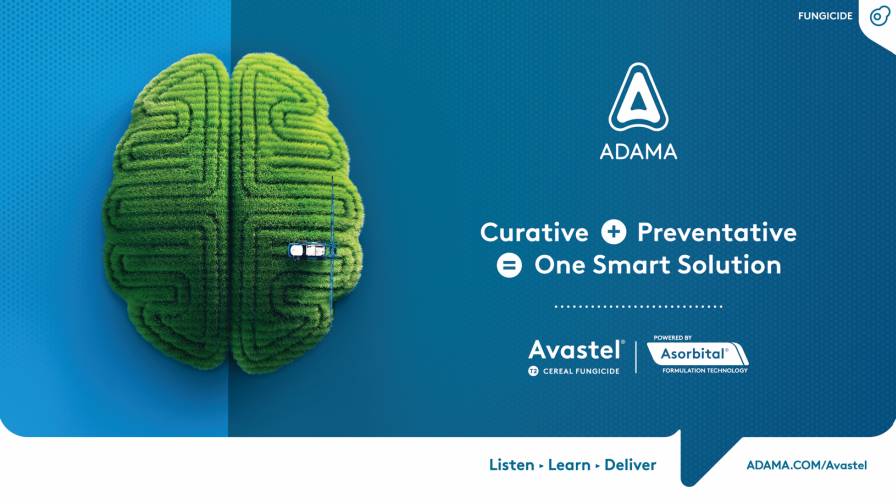Nanotechnology in Crop Protection: Making Sense of Advancements in Formulation Technology
Pesticides are crucial for maintaining high levels of fruit, vegetable, and cereal production. Without pesticides, crop yields would significantly decrease, with fruit production decreasing by 78%, vegetable production by 54%, and cereal production by 32%. However, the environmental damage caused by pesticides has led to the development of alternative strategies to reduce their impact.
One emerging approach is the use of nanotechnology in pesticide formulations, according to a recent issue of AgriBusiness Global DIRECT. Nanoparticles, ranging from 1nm to 100nm in size, possess unique properties that enhance the efficacy and efficiency of pesticides. Their smaller size increases surface area, allowing for better and faster penetration into targets, reducing premature loss of pesticides. Nanoparticles can be used as active ingredients in nanoformulations or embedded into nanocarriers, which can deliver important metabolites or nutrients to specific sites, improving crop protection and fertilization.
Microencapsulation is another technique in pesticide formulation that involves encapsulating active ingredients with a polymeric shell material. This improves user safety, regulates the release rate of the pesticide, and protects sensitive active ingredients from environmental factors. Commercial microencapsulation products are already available for certain pesticides, improving handling, field efficacy, and adhesion to spray targets.
Traditional pesticide formulations have limitations in terms of efficacy and environmental impact. Efforts have been made to improve these formulations, but their overall efficacy remains low. As a result, the agricultural industry is moving towards more advanced technologies like microencapsulation and nanotechnology. Companies like Vive Crop Protection and Aqua-Yield are already utilizing nanotechnology-based delivery systems for crop protection products and fertilizers, offering better value extraction, improved crop protection, and increased fertilizer utilization efficacy.
In conclusion, pesticides are essential for maintaining high crop production, but their environmental damage has led to the development of new strategies for pesticide formulations. Nanotechnology, microencapsulation, and improvements in traditional formulations offer promising solutions to enhance the efficacy, efficiency, and safety of pesticides. As the agricultural industry progresses, further advancements in formulation technologies can be expected to reduce the environmental impact of pesticides while ensuring high crop yields.
Read more at AgriBusiness Global DIRECT.






